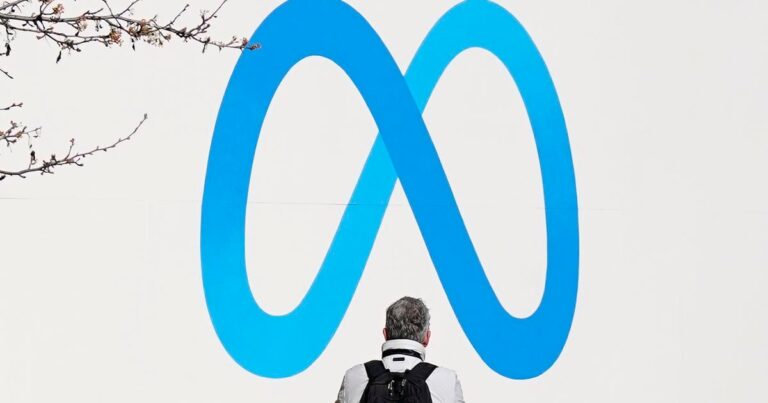“These are not smaller AI models,” Wiener said at a recent legislative hearing. “These are incredibly large and powerful models that, to our knowledge, don’t exist today but will exist in the near future.”
Democratic Gov. Gavin Newsom has touted California as an early adopter of AI and state regulation, saying the state could soon deploy generative AI tools to solve traffic congestion, make roads safer and provide tax advice. At the same time, his administration is considering new rules against AI-related discrimination in hiring practices. He declined to comment on the bill, but warned that overregulation could put the state in a “perilous position.”
The proposal, backed by some of the most prominent AI researchers, would also create a new state agency to oversee developers and provide best practices. The state attorney general could also take legal action if there are violations.
A growing coalition of tech companies says the requirements would discourage companies from developing large AI systems or keeping their technology open source.
“The bill will make the AI ecosystem less secure, jeopardize the open source models that startups and small businesses rely on, rely on standards that don’t exist, and introduce regulatory fragmentation,” Rob Sherman, Meta’s vice president and deputy chief privacy officer, wrote in a letter to lawmakers.
The proposal could also prompt businesses to leave the state to avoid regulations, the state Chamber of Commerce said.
Opponents want to wait for more guidance from the federal government. Supporters of the bill said California can’t wait, citing the hard lessons they learned by not acting soon enough to rein in social media companies.
State lawmakers were also considering another ambitious measure Tuesday to combat discrimination linked to automation when companies use AI models to screen resumes and apartment rental applications.
Credits: AP
Credits: AP


